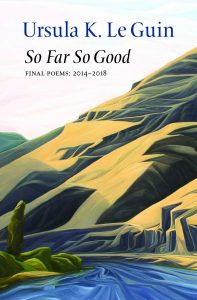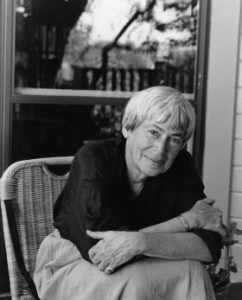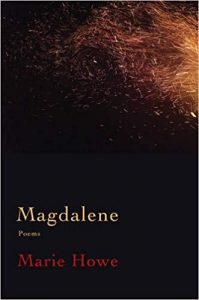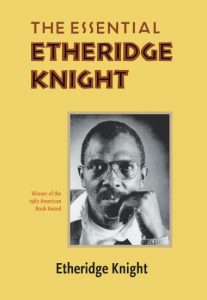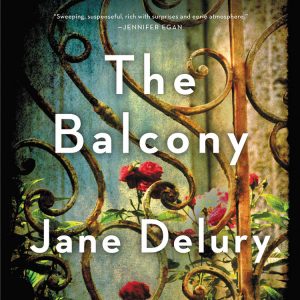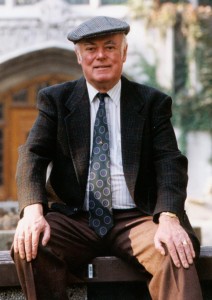Reviewed by Sebastián Maldonado-Vélez
Location: Literatures & Languages New Books
Call Number: PS3562.E42 A6 2018
Location: ResHalls FloridaAvenue Circulating Coll
Call Number: 811 L526so
You might recognize Le Guin’s name from an impressive number of science fiction and fantasy books that she wrote throughout her lifetime. A somewhat more understated aspect of her literary life includes poetry, this collection being the last that was edited shortly before her death in 2018. Le Guin’s poetry attempts and achieves a precision that comes from a respect the poet had toward all subjects: “All earth’s dust/has been life, held soul, is holy.” Her language reminds us how words and concepts we might think of as mundane just need a slight nudge to be revolutionary, revealing. I especially recommend this book to readers who feel uneasy when reading poetry, afraid that the poet is trying to deceive them in some way. Le Guin is open and honest about her intentions. In this collection she wishes us to meditate on the small to better understand the big.
Read other reviews:


